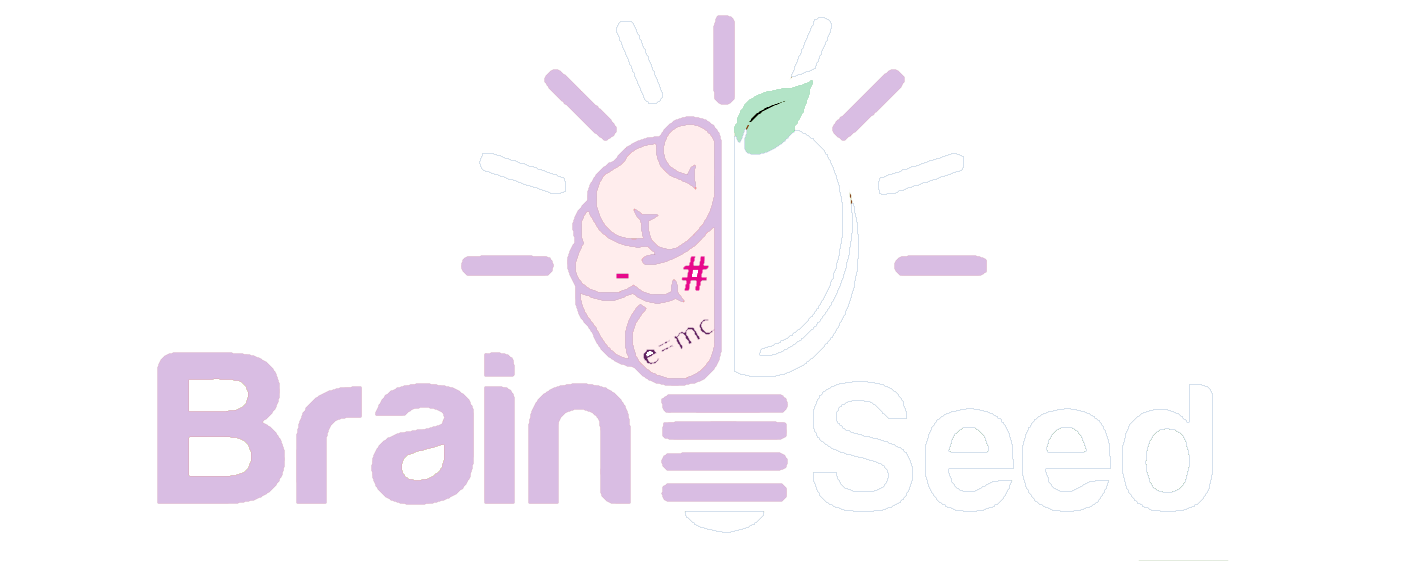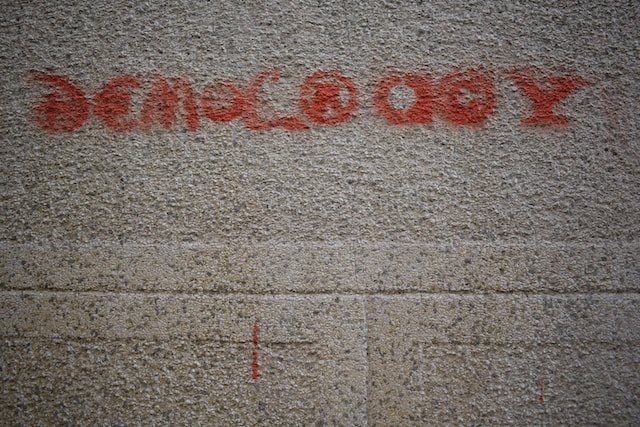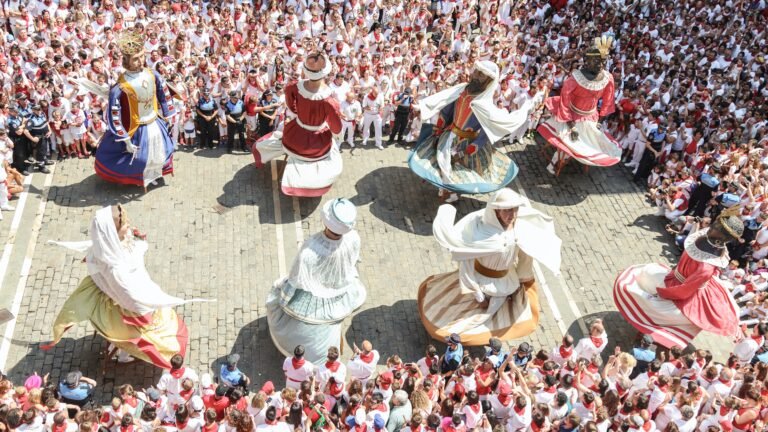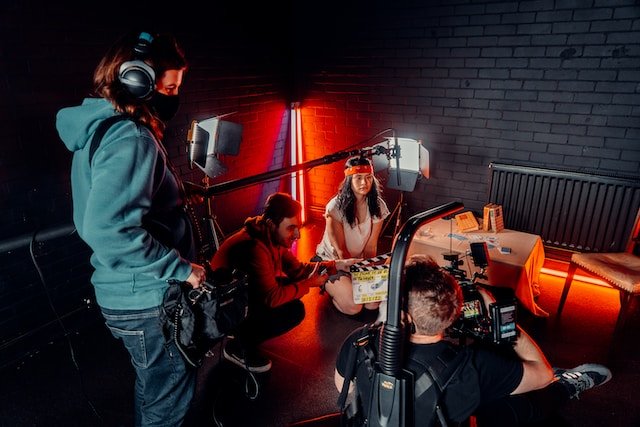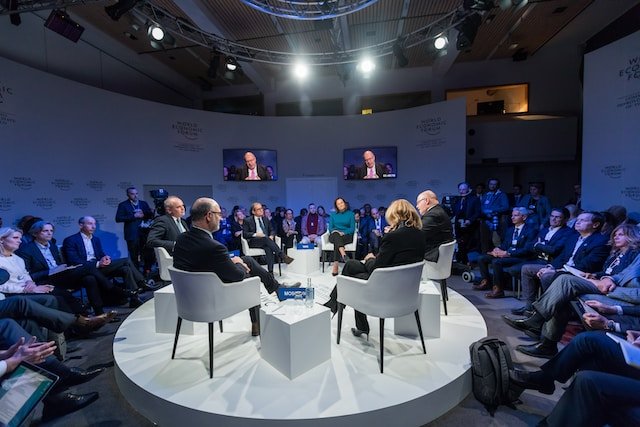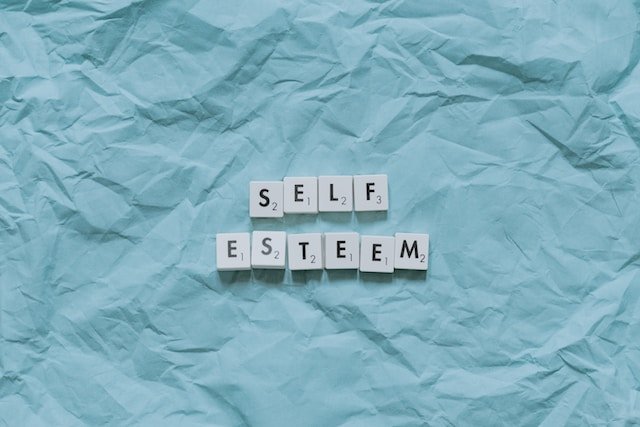The role of drama in promoting civic education and democratic values in Hong Kong
Drama has long been recognized as a powerful tool for promoting civic education and democratic values, particularly in Hong Kong. With the city’s recent history of political activism and social unrest, it has become more important than ever to use drama to engage citizens in conversations about democracy, civil liberties, and human rights.
Community Theatre Projects
One way drama is being utilized in Hong Kong is through community theater projects. These projects often involve local residents, including children, in the creation and production of plays that address issues such as freedom of expression, the right to protest, and the need for greater government transparency. By involving citizens in the creative process, community theater projects help to promote civic engagement and encourage citizens to play an active role in shaping their society.
School-Based Drama Programs
Another way drama is being used to promote civic education and democratic values in Hong Kong is through school-based drama programs. Many schools in Hong Kong have drama clubs or offer drama courses as part of their curriculum. These programs provide students with the valuable opportunity to explore issues related to democracy, such as freedom of speech and the importance of community cooperation, in a creative and engaging way. By participating in these programs, students can develop critical thinking skills, empathy, and an understanding of the importance of democratic values.
Professional Theatre Productions
In addition to community theater projects and school-based drama programs, drama is also being used to promote civic education and democratic values in Hong Kong through professional theatre productions. For example, the Chung Ying Theatre Company, one of Hong Kong’s most respected theater companies, has produced numerous plays that address issues related to democracy and human rights. These plays have been highly effective in promoting civic education and democratic values and have helped to raise awareness about important social and policy issues in the city.
Challenges
Despite the significant role that drama plays in promoting civic education and democratic values in Hong Kong, there are also challenges that need to be addressed. One of the biggest challenges is censorship. In recent years, there has been an increasing level of censorship in Hong Kong, with the government and other authorities cracking down on free expression and limiting the kinds of messages that can be conveyed through theatre productions. This has made it more difficult for theatre professionals to explore sensitive or controversial issues and has limited the potential impact of drama on promoting civic education and democratic values.
Conclusion
Overall, the role of drama in promoting civic education and democratic values in Hong Kong is significant and important. By engaging citizens in creative and meaningful conversations about democracy, civil liberties, and human rights, theatre professionals can help to build a more engaged and democratic society in Hong Kong. However, it is important that these efforts are supported and protected, and that theatre professionals are allowed to explore important social and policy issues freely and without fear of censorship or suppression.
Are you looking for a fresh and exciting way to engage your school’s drama program or your child’s creativity? Try YouTube drama! It’s a fun and modern way for students to create and perform in their own videos. YouTube drama is flexible, convenient, and can even reach a wider audience. Plus, it teaches valuable skills like video production, editing, and storytelling. Click here to learn more about how YouTube drama can benefit your school’s drama program.
